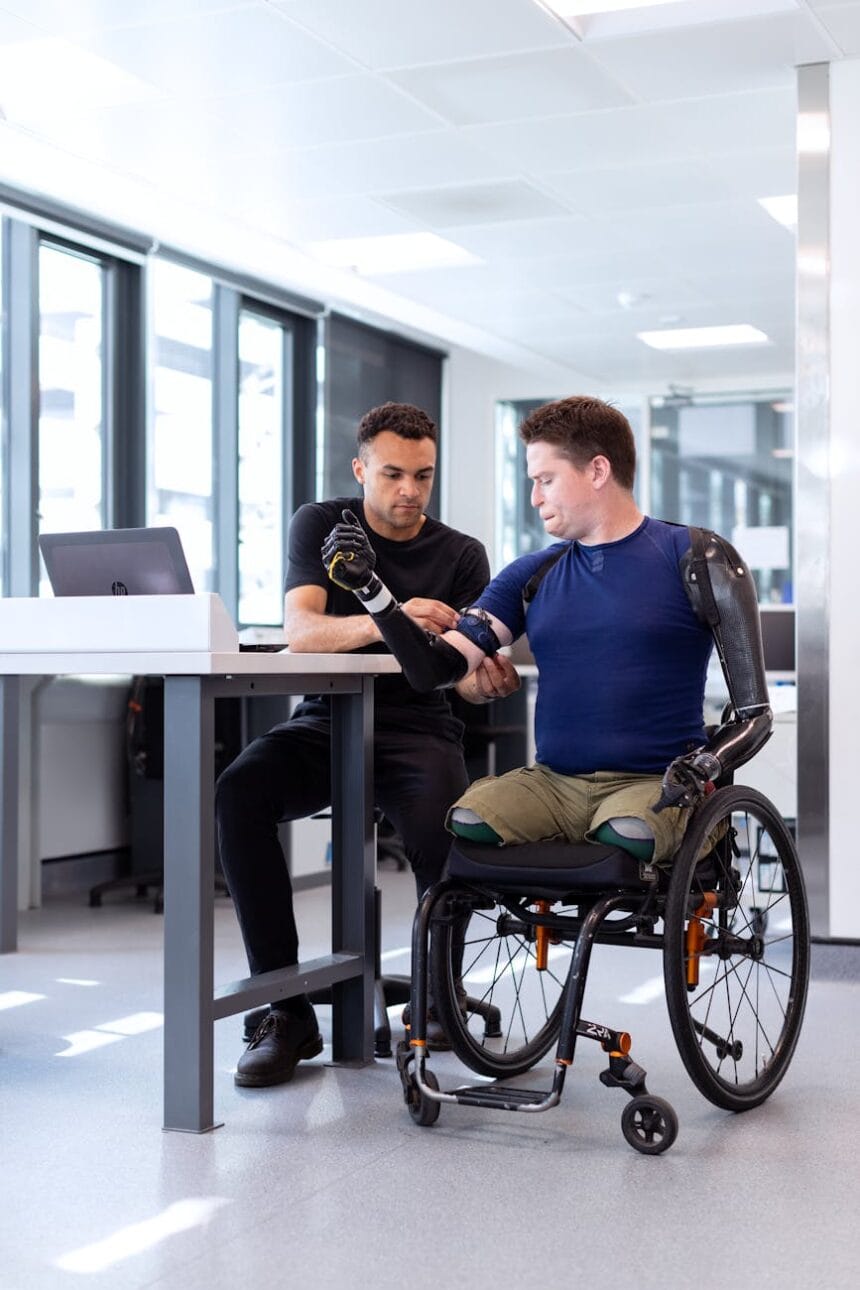Healthcare is not only about treatment inside hospitals or clinics but also about the systems that allow people to reach that care in the first place. For millions of people living with conditions that prevent them from working, Social Security Disability plays a role that extends far beyond financial support. It determines whether an individual can afford medication, maintain regular appointments, and feel some level of stability when health problems have disrupted daily life.
The link between disability benefits and healthcare is not always visible to the broader public. Yet for those directly affected, it becomes a central part of survival. The ability to qualify for these benefits often dictates whether someone has consistent access to doctors and essential therapies. This makes Social Security Disability a vital element in broader discussions about public health, wellness, and equity.
By highlighting this connection, we can see how Social Security Disability is not only about income security but also about reducing barriers to care. When people are unable to work due to chronic illness or serious injury, benefits help them maintain continuity of treatment that might otherwise be lost. This continuity improves their chances of managing long-term conditions while also easing the strain on emergency healthcare services that often serve as a last resort.
The Role of Social Security Disability in Health Outcomes
According to injuryattorneyelite, Social Security Disability is not just an income program, it is a bridge that connects vulnerable populations to healthcare access. When individuals lose the ability to work, they often lose employer-based insurance. Disability benefits can help them remain financially afloat while also serving as a pathway to coverage options such as Medicare or Medicaid. Without this support, many would fall into medical debt or simply go without the care they need.
The application process can be complex, and approval often takes time, which can place an additional burden on health. However, once benefits begin, the stability they provide makes a clear difference. People with chronic conditions can finally manage their appointments, fill prescriptions on time, and avoid emergencies that come from delayed treatment. In this way, Social Security Disability is tied directly to better long-term health outcomes.
The importance of these programs becomes clearer when considering the relationship between income stability and preventive care. Without reliable financial support, individuals often postpone medical visits until their conditions worsen, which ultimately raises both personal and public costs. Disability benefits act as a safeguard against this cycle, allowing patients to seek care earlier and avoid preventable complications that would otherwise undermine their health.
Access to Care Through Disability Support
Access to healthcare goes beyond affordability. It includes the ability to schedule regular visits, find specialists, and receive preventive care. Disability benefits often determine whether individuals can maintain reliable transportation, pay for basic living costs, and still cover medical expenses. Without these supports, even something as simple as a routine checkup becomes out of reach.
For families, the support extends even further. When one household member relies on disability income, it often shapes the financial well-being of the entire family. Parents with health conditions, for example, may depend on benefits not only for their own treatments but also to stabilize their children’s living conditions. This ripple effect demonstrates how healthcare access is interconnected with social programs.
In many cases, disability support also influences access to mental health services, which are a critical but often overlooked aspect of overall health. Stress from financial hardship can intensify conditions such as depression or anxiety, making recovery more difficult. With disability benefits in place, individuals are better able to pursue therapy, counseling, or medication that improves both their mental health and their quality of life.
Everyday Life With Disability Benefits
Living with a disability is more than a medical condition, it is a daily reality that influences every choice and activity. Benefits provide some relief, but they do not erase the challenges. People still face barriers such as limited mobility, workplace exclusion, and ongoing health needs. Yet having consistent financial support means they can focus more on managing their conditions instead of being consumed by financial stress.
This support also allows many individuals to maintain a sense of dignity. Instead of constantly worrying about unpaid bills or missed treatments, they can engage more fully in family life, community activities, or personal goals. While the assistance may be modest, it plays a role in restoring a balance between health needs and quality of life.
Beyond the personal level, disability benefits contribute to stability within communities. When individuals are supported, they are less likely to require urgent care or emergency housing, and they are more capable of participating in programs that enhance community well-being. This shows that disability support is not just about individual survival, but about fostering resilience within neighborhoods and society as a whole.
The Connection Between Disability Policy and Public Health
Policies around Social Security Disability affect more than individuals, they influence the health of entire communities. When large groups of people cannot access medical care, the consequences appear in emergency room overcrowding, higher public healthcare costs, and poorer community health statistics. By stabilizing individuals, these programs indirectly reduce strain on healthcare systems.
Public discussions about disability support often focus on budgets and expenditures, but less attention is given to the human outcomes. Healthier people contribute positively to their families and communities, even when they cannot participate in the workforce. Stronger support systems reduce disparities, promote equity, and create healthier environments for everyone.
When health policies fail to consider the role of disability benefits, the result is a fragmented system that overlooks some of the most vulnerable populations. Policymakers who view these programs as investments rather than expenses can drive better outcomes. This perspective highlights how disability benefits serve both public health goals and long-term economic stability.
Building a Healthier Future With Disability Support
Looking ahead, it is clear that Social Security Disability will remain an essential tool in shaping access to healthcare and protecting vulnerable populations. Expanding awareness of its role can help policymakers, healthcare providers, and communities work together to improve both coverage and efficiency. This collaboration can ensure that people are not left behind when their health prevents them from working.
A healthier future relies on recognizing that healthcare is not just about doctors or hospitals but also about the social safety nets that make care possible. Social Security Disability is one of those safety nets, offering stability when health challenges seem overwhelming. By strengthening and preserving it, society supports not just individual recovery but also collective well-being.
This recognition requires ongoing dialogue between healthcare leaders and policy experts. As medical advances extend lives, the demand for disability support will likely grow, making it even more important to align these systems with public health priorities. By addressing gaps now, we can build a stronger foundation that benefits individuals, families, and communities for generations to come.










